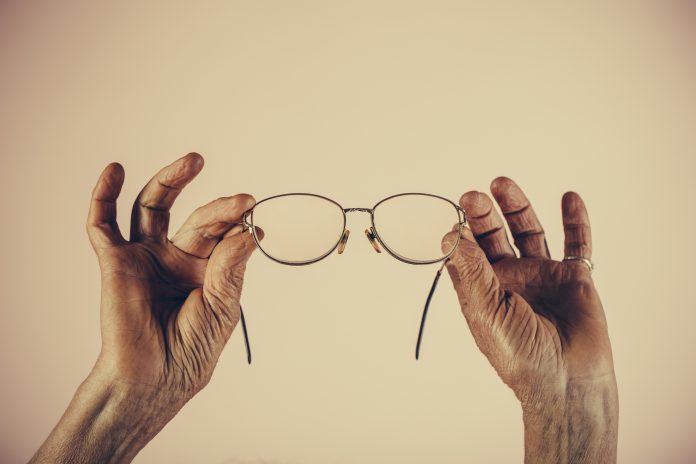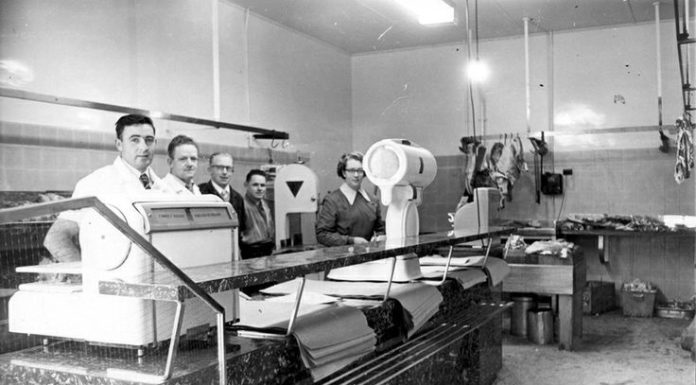Adults in their fast-paced lives often tend to forget that aging parents’ tend to face a lot of health issues, one of which is age related vision problems. Blurry vision, deteriorating eye health, age related macular degeneration or even vision loss in many cases may prove a lot more challenging for seniors than adults can ever imagine.
Vision loss especially is more traumatic for your aging parents, as it directly affects their ability to be independent and perform even simple tasks. Let’s take a look at different types of diseases which cause various vision problems including loss of vision.
- Gradual Vision Loss – This condition affects more than half of people with diabetes. It causes blurry vision, floaters, eye pain and difficulty in telling colors apart and in reading.
- Glaucoma – It is the second most prevalent cause of vision loss. It is a complicated eye condition in which the optic nerve is damaged resulting in loss of vision. Hazy and blurry vision indicates presence of glaucoma. The symptoms of glaucoma are not apparent until it has caused substantial damage to the eyesight. So periodic eye checkups are the best way to prevent glaucoma.
- Age Related Macular Degeneration – It is a widespread vision problem which causes loss of vision in people aged 50 years and above. This condition progresses differently amongst different people. For instance, some people don’t experience any problem for a long time, whereas, some people eventually lose their vision in either one or both the eyes. The symptoms don’t appear in early stages. Some people may notice the quality of vision deteriorating, straight lines may appear irregular and the ability to identify colors may alter.
Tips to Help Your Aging Parents Cope with Vision Problems
These 5 simple yet effective tips can help you support your aging parents in case they are experiencing any of the above listed age related vision problems.
- According to the American Optometric Association, a vision screening should be scheduled at least once a year for seniors above the age of 60. Take your parents for a vision screening if you see any signs of deteriorating vision. Vision screenings are essential as they help detect age-related eye diseases like glaucoma and cataract. Eye health often weakens as age progresses and the symptoms related to various vision problems are generally not visible until substantial damage has been done. Hence, early detection is crucial.
- Get support from local ophthalmologist and rehabilitative services. They can help you create a plan and also provide resources to help your loved ones maintain their independence.
- Get supportive devices such as spectacle-mounted magnifiers, video magnification, handheld or stand magnifiers etc. which can make basic daily tasks easier for your parents. If your parents love reading, large-type books and magazines are a good solution. Talk to an eye doctor near you to learn more about such devices.
- Making small changes at home can make a big difference to their lives. These include installing grab bars for tub and shower, yellow strips on the edge of each step and also at the start and end points of ramps, getting rid of objects such as throw rugs, toys on floor, coffee tables etc., on which your parents could possibly trip, ensuring clear pathways to each room and other such measures.
- Provide emotional support. Encourage them to learn and adapt to the changing lifestyle with patience and care. For instance, you can help them to learn adaptive technology to help with reading, arrange for safe transportation etc.
Parenting your parents isn’t always easy. Especially in case of age related vision problems, life may seem more difficult for both of you. However, patience, care, love and some efforts from your end can help improve their quality of life, even with the challenges of age related vision problems.























